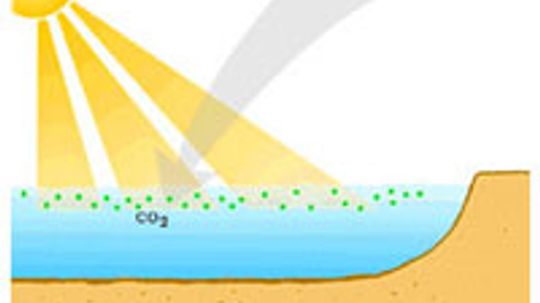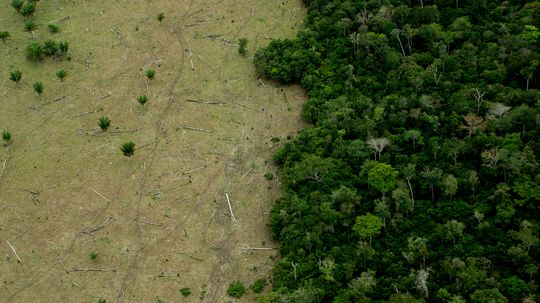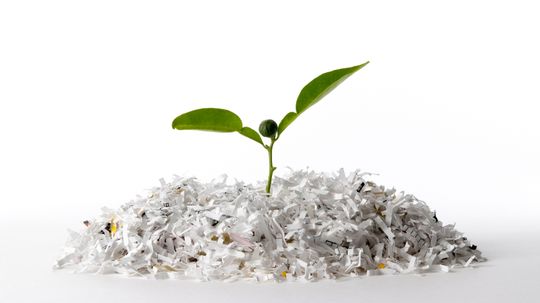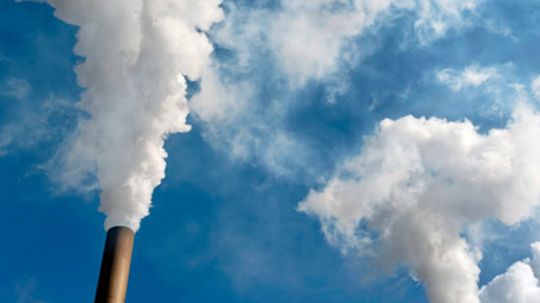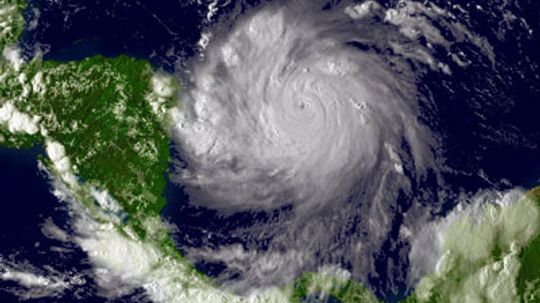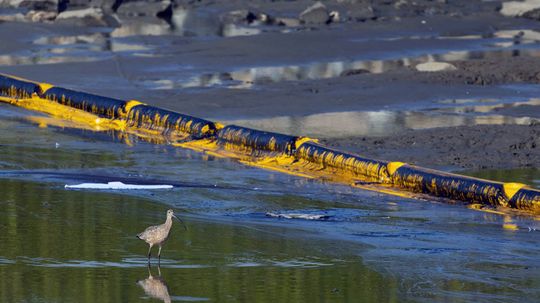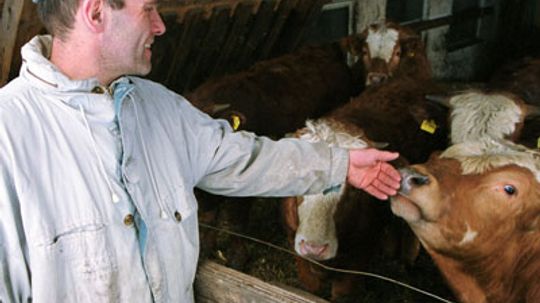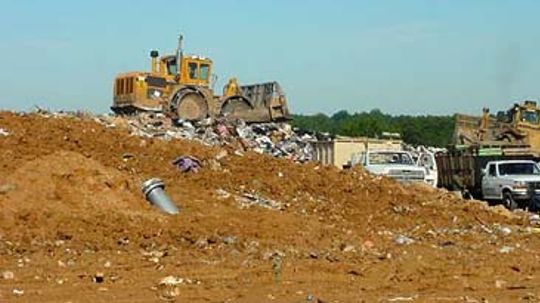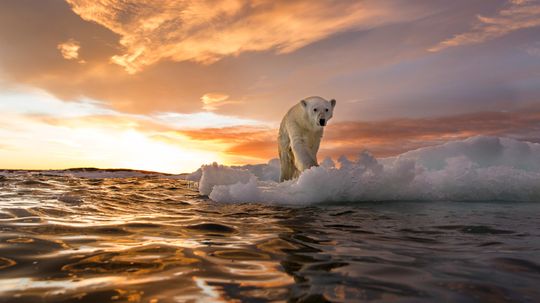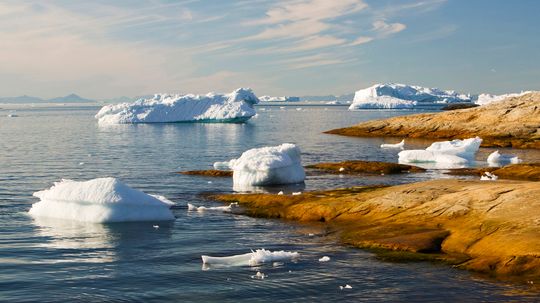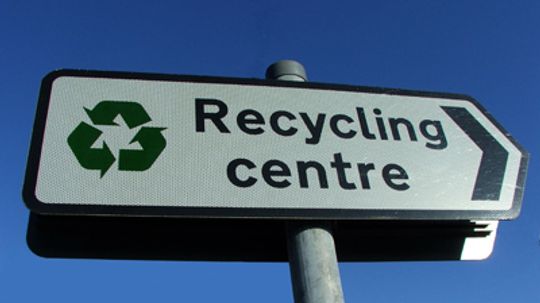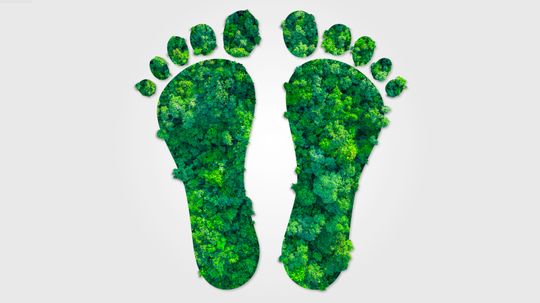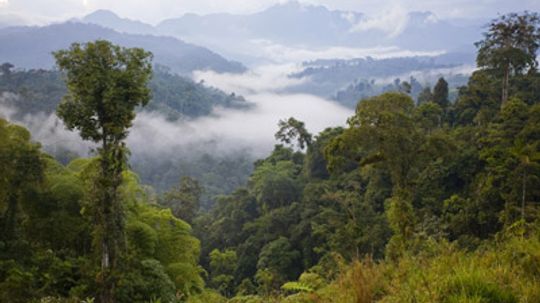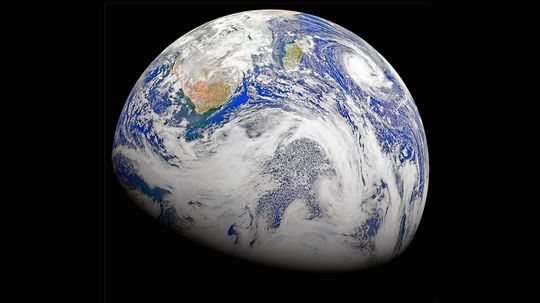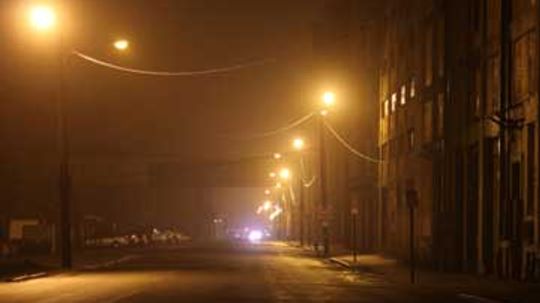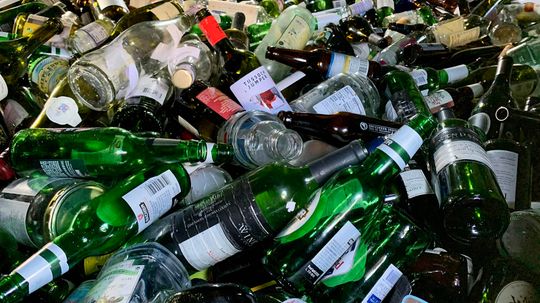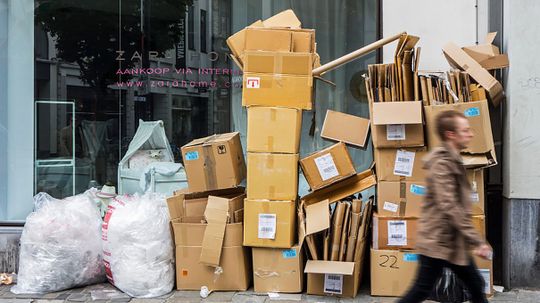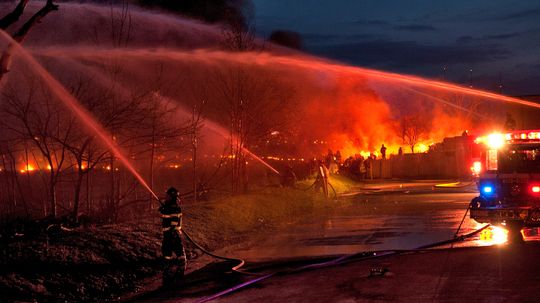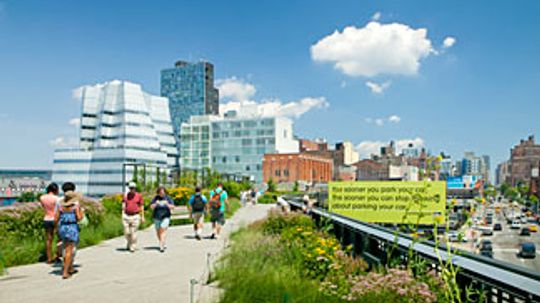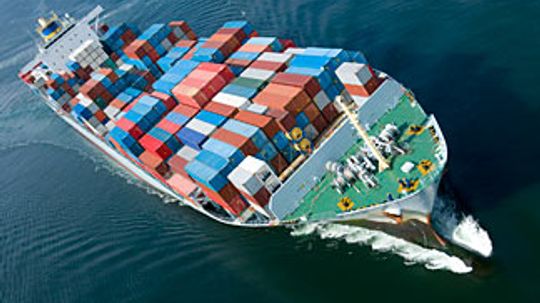Green Science
Green Science is the application of eco-friendly thinking to scientific disciplines. Learn about global warming, pollution and other impacts on nature and the planet, plus what we can do to combat them.
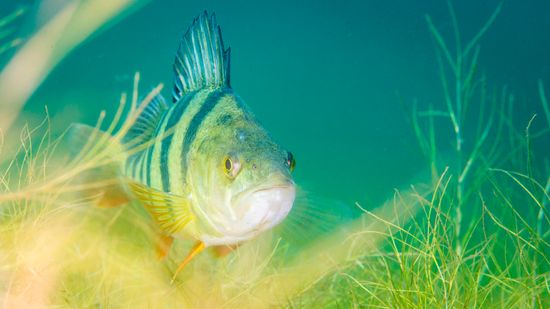
The Fish Doorbell Isn't a Joke ... Seriously
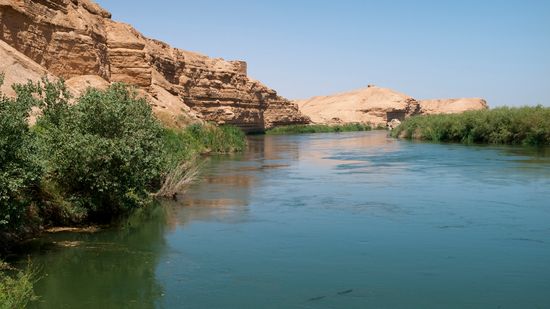
The Euphrates River, at the 'Cradle of Civilization,' Is Drying Up
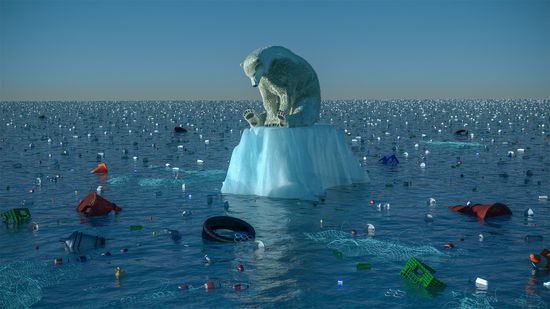
Study Says 2035 Is Climate Change Point of No Return
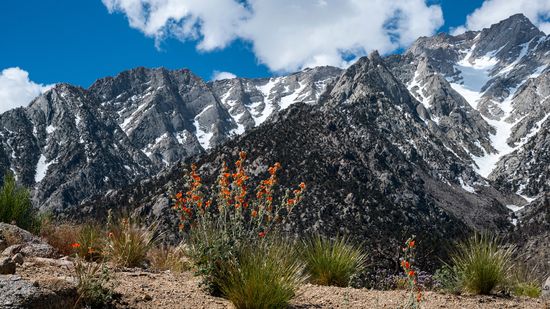
What State Has the Most Mountains in the U.S.? 8 Peak Records
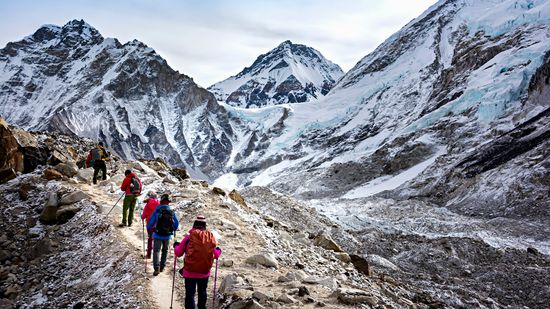
The Most Dangerous Mountain to Climb (and 14 Giving Steep Competition)
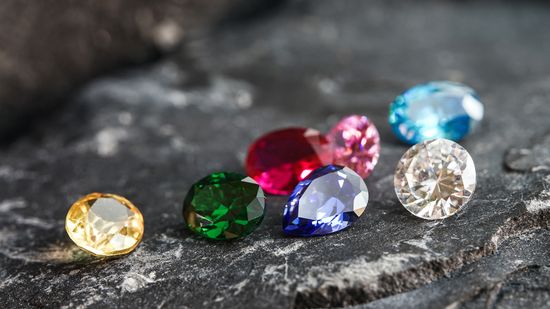
15 Types of Gemstones to Add a Little Sparkle to Your Life
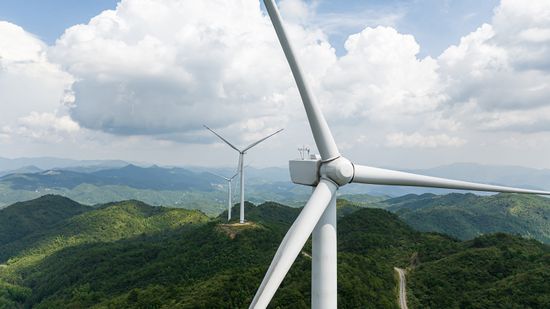
How Many Birds Are Killed by Wind Turbines, Really?

How a Lithium Mine Works and Impacts Local Communities
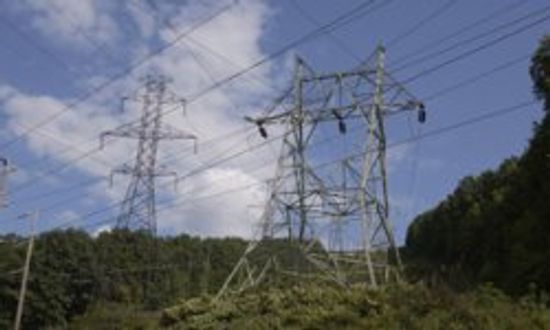
How to Sell Electricity Back to the Grid
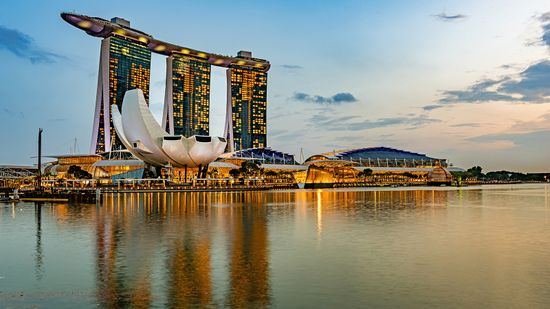
6 Most Futuristic Cities Powered by Renewable Energy
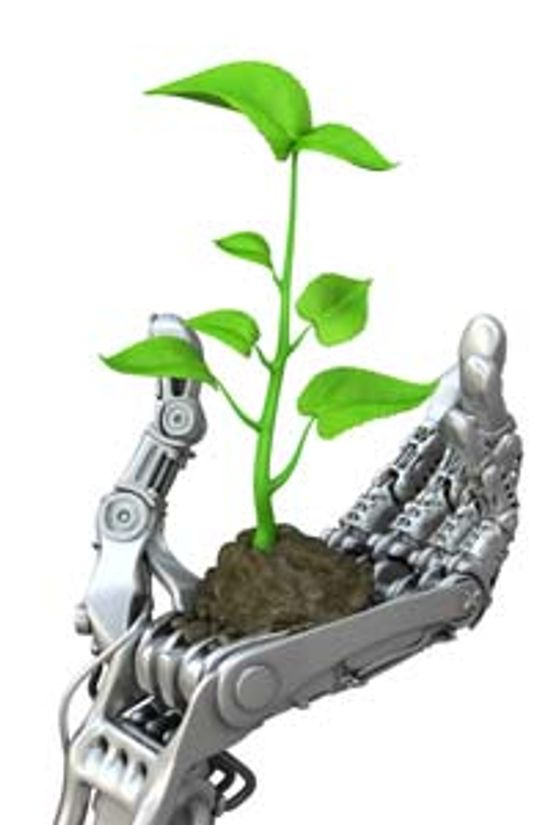
Top 5 Green Robots
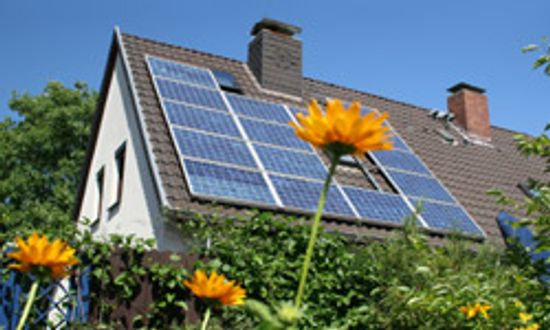
5 Things to Consider When Building a Solar-powered Home
Learn More / Page 4
Popeye used the iron from spinach to morph into a formidable sailor. We know that iron is an essential component of the human body. But could it also be the answer to global warming?
A sustainable community might not be as radical as you think. What's so crazy about minimizing waste, reducing consumption and preserving green space?
Environmentalists have found a way to harness the military precision of missile-tracking technology for a decidedly nonviolent mission: replanting forests. So what do C-130 aircraft have to do with reforestation?
Advertisement
Plants absorb carbon dioxide and feed us oxygen. So it's pretty much a no-brainer: Plowing down our forests is a bad idea. What's driving the destruction? And is anything being done to stop it?
By Debra Ronca & Sascha Bos
We know that paper comes from trees, but just how much does it take? Let's do the math and figure out how much paper your average tree can be made into.
During the summer I am always hearing about ozone warnings in my city. This ozone is bad. But then I hear about the ozone layer, which is good. How can ozone be both good and bad?
How do we reduce greenhouse gas emissions? A carbon tax is one answer. A simpler alternative to cap-and-trade schemes, a carbon tax encourages energy efficiency and reduced consumption.
By Sarah Dowdey
Advertisement
It's evident the debate over climate change is a heated one. Are skeptics clouding the public judgment for money? Are climate-change believers merely alarmists who risk the present for the future?
By Josh Clark
Crews have to race to contain the damage from major oil spills to prevent damage to beaches, death to marine life and birds, and devastation to local wetlands. So how do they clean them up?
By Josh Clark & Sarah Gleim
Consumers are becoming more and more knowledgeable about food safety and their health. As a result, organic farming has entered the agriculture mainstream. But what methods must be used, and how is organic farming certified?
Right now, landfills are all over the place. Yet, no one wants to live near one. So, what if we combined all of those landfills into one? How much space would it take up?
Advertisement
Oil is a nonrenewable resource. Have we found all the oil there is to find, or is there more out there somewhere? What's the best way to wean ourselves from our oil dependency?
By Josh Clark
Global warming has become a common term, but it's not commonly understood. Learn about global warming and the greenhouse effect.
We'd be up a creek without Earth's atmosphere and the greenhouse effect it provides, but it turns out that an overactive greenhouse effect can result in a similarly devastating outcome.
Recycling is a pretty simple concept: take something that isn't useful anymore and make it into something new. Learn about the process and the good and bad of recycling.
Advertisement
While actual footprints measure size, weight and speed, carbon footprints measure how much carbon dioxide (CO2) we produce in our daily lives. Do you know how big your carbon footprint is?
By Sarah Dowdey
Eco-conscious people purchase carbon offsets to help reduce worldwide greenhouse gas emissions. But do offsets actually help, and what does Pink Floyd have to do with them?
By Sarah Dowdey
Climate change is the defining issue of our time, and we are at a defining moment of history. What can you do to make a difference? We've got 10 tips for you.
By Katie Lambert & Sarah Gleim
The ozone layer prevents much of the sun's ultraviolet light from reaching the Earth. But there's a problem: a gaping hole the size of Antarctica. What can we do about it?
Advertisement
Artificial light lets us stay up through the night or feel secure in the dark. But those midnight noons push our bodies out of whack and confuse the natural world. Is there a fix for light pollution?
Only 25 percent of glass containers used by U.S. consumers were recycled in 2018, the most recent year for statistics. So, why aren't Americans doing better?
Will Amazon's age of home delivery bury the environment in extra boxes? You might be surprised by the answer.
Forest-fire prevention has been a touchstone of American consciousness since the creation of Smokey the Bear in the 1940s. But now, environmental experts believe that some amount of fire is good for the forest too.
Advertisement
The idea behind a green transportation infrastructure is one that provides opportunities for people to get around their communities using their own power -- such as walking or biking. In this article we 10 ideas for greener transportation.
By Chris Warren
The transportation sector is the second largest producer of carbon dioxide emissions is the U.S. Is it possible to reduce emissions without stiffing the importing and exporting of goods? You'll discover the answer in this article.
By Dave Roos
